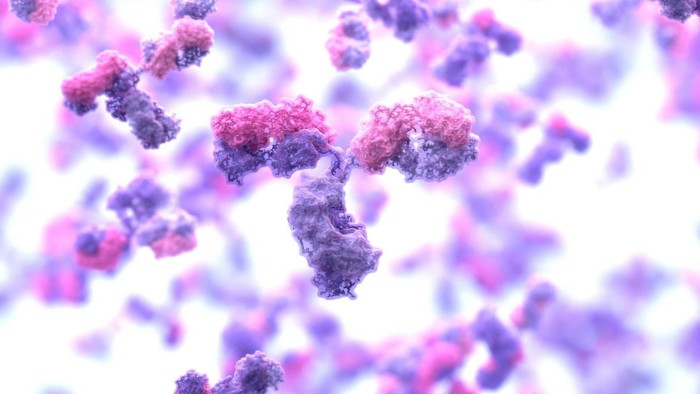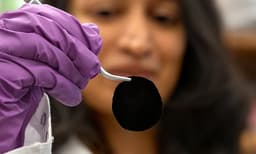Home / Science / AI Breakthrough Unlocks Faster Antibody Design for Drugs
AI Breakthrough Unlocks Faster Antibody Design for Drugs
10 Nov, 2025
Summary
- Nobel Prize-winning scientist leads team using AI to create new antibodies
- AI model can design antibodies in weeks, without animal testing
- Antibodies designed to target cancer proteins, a challenging task

In a remarkable development, a team of researchers led by Nobel Prize-winning scientist David Baker has leveraged artificial intelligence to create entirely new functional antibodies. This breakthrough, published in Nature on November 9, 2025, could significantly accelerate the drug development process using cutting-edge technology.
The researchers at the University of Washington have demonstrated how a generative AI model, dubbed RFantibody, can be used to design novel antibodies—proteins produced by the immune system to block infections—from scratch. Traditionally, the process of discovering and developing antibodies for pharmaceutical use has been expensive, time-consuming, and reliant on extensive animal testing. However, the AI-powered approach pioneered by Baker's team has the potential to shorten this process to just a matter of weeks, without the need for animal immunization.
The ability to design antibodies that can effectively target specific proteins, including those found in cancer cells, is a particularly significant achievement. Finding such targeted antibodies has long been a challenge in the pharmaceutical industry, as the differences between tumor cells and normal cells can be subtle. By leveraging the AI model's capabilities, the researchers were able to precisely direct the antibody design process, a development that Joe Watson, a co-founder of Xaira Therapeutics, believes represents "the future" of antibody-based drug development.
This AI-driven breakthrough marks a "step change" for the pharmaceutical industry, according to Baker, who was awarded the Nobel Prize in Chemistry last year for his work on computational protein design. The ability to rapidly generate and test new antibodies using artificial intelligence has the potential to revolutionize the way drugs are discovered and brought to market, ultimately benefiting patients in need of innovative treatments.



